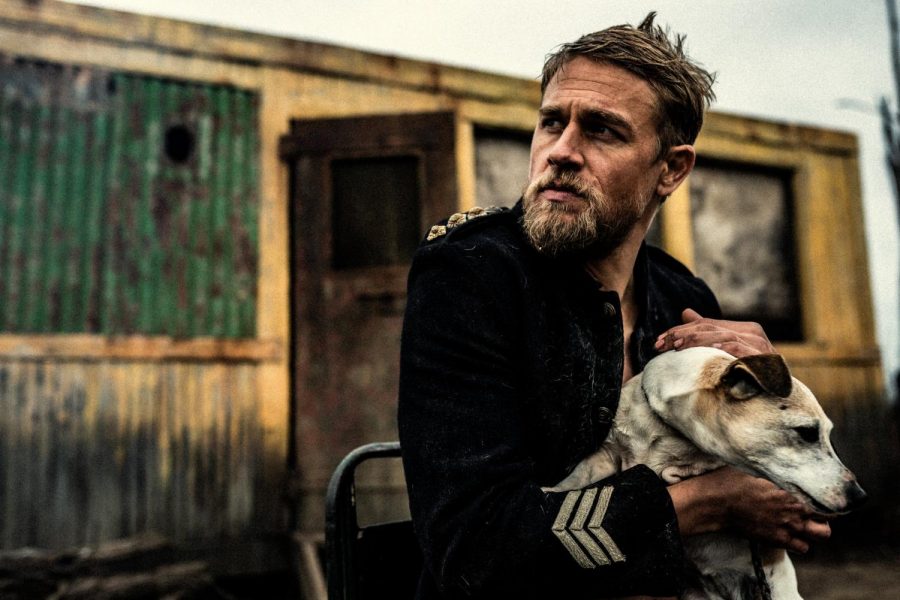The True History of the Kelly Gang: A brutal retelling of the life of an outlaw
“Nothing you’re about to see is true:” an ironic introduction to a highly romanticized film about Australian outlaw, Ned Kelly (George Mackay). This rendition of the criminal’s life was released in the U.S. on April 24 and follows Kelly from a barbarous adolescence to the end of his short life.
A large portion of the movie features Kelly’s rough upbringing as a child, filled with toxic masculinity and strange parental figures. After the death of his father, Kelly is raised by his oddly devoted mother, Ellen (Essie Davis). Later, Kelly is sold by his mother to be an apprentice to Harry (Russell Crowe), a charismatic Australian bushranger. Kelly is expected to learn how to “be a man,” and embarks on a strange journey to crime.
Despite Director Justin Kurzel’s attempts to utilize a great cast and riveting visuals, the film’s dialogue felt like an afterthought. Kelly’s narrative was one of the best parts, as Mackay portrays Kelly wonderfully, but the rest of the outlaws didn’t really have distinctive lines that differentiate them from the rest of the characters.
The one constant throughout Kelly’s life was the presence of the law and his closeness to the wealthy, a bitter reminder that he and his family cannot escape the social class they were born into. Even though rich, prominent figures were a large part of Kelly’s reason for becoming an outlaw, there wasn’t enough focus on their relationship with Kelly to make their screen presence impactful. The dialogue was weak and seemed random at times.
A major topic of the film is the gender roles society presses on men and women. Kelly’s mother has a habit of staying in bad relationships, which led to pushing unrealistic standards of masculinity on her son. Throughout his life, Kelly tries to take on the macho, hyper-masculine traits that his mother’s lovers exuded, but is at times frustrated by his humanity.
One of the few things I enjoyed about this film was that Kelly wasn’t a one-dimensional character. He wasn’t just a violent brute like the usual portrayal of an outlaw. Mackay brings the physicality of a criminal along with the sensitivity of a broken man denied a childhood.
Kelly is known for being a bank robber and cop-killer, so I expected more scenes with his entire gang of misfits. Unfortunately, most of the movie dragged out Kelly’s childhood, which caused the scenes with his gang to feel rushed and unimportant. When the gang had their final standoff with the law and met their end, I wasn’t emotional or disappointed with their deaths. There just wasn’t enough time for me to get attached to their characters.
I’m a big fan of period pieces and other historical dramas. I adored Mackay’s work in “1917” and I had big hopes for “The True History of the Kelly Gang,” but it was jarring to watch. I felt like brutality and obscenity were poured into the scenes in an attempt to fix its lack of substance, but it just made viewers uncomfortable.

Senior Mia Nguyen is the Web Editor and this is her second year on staff. She enjoys reading horror novels, playing tennis and spending time with her younger...



